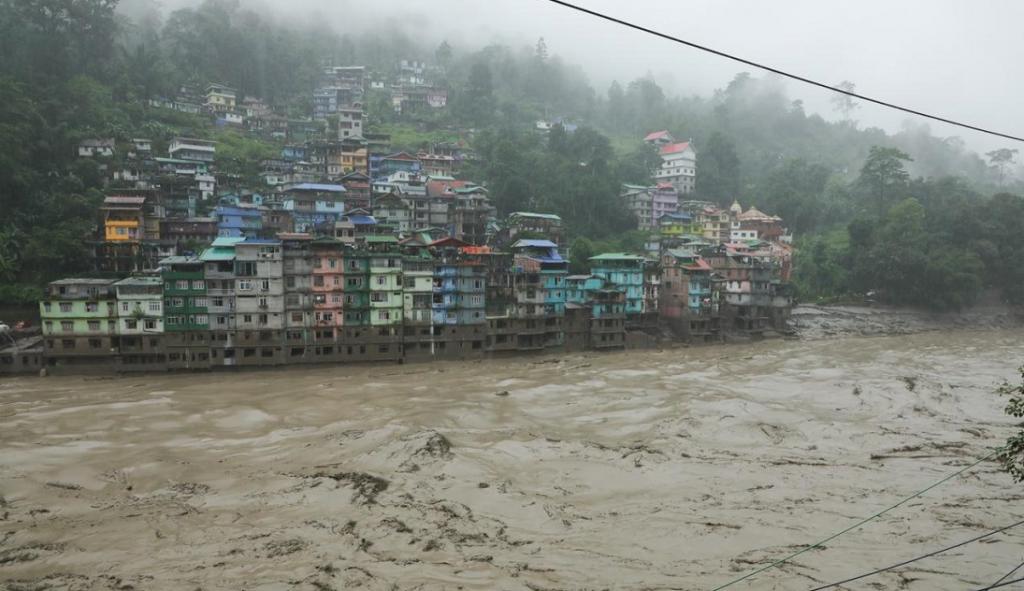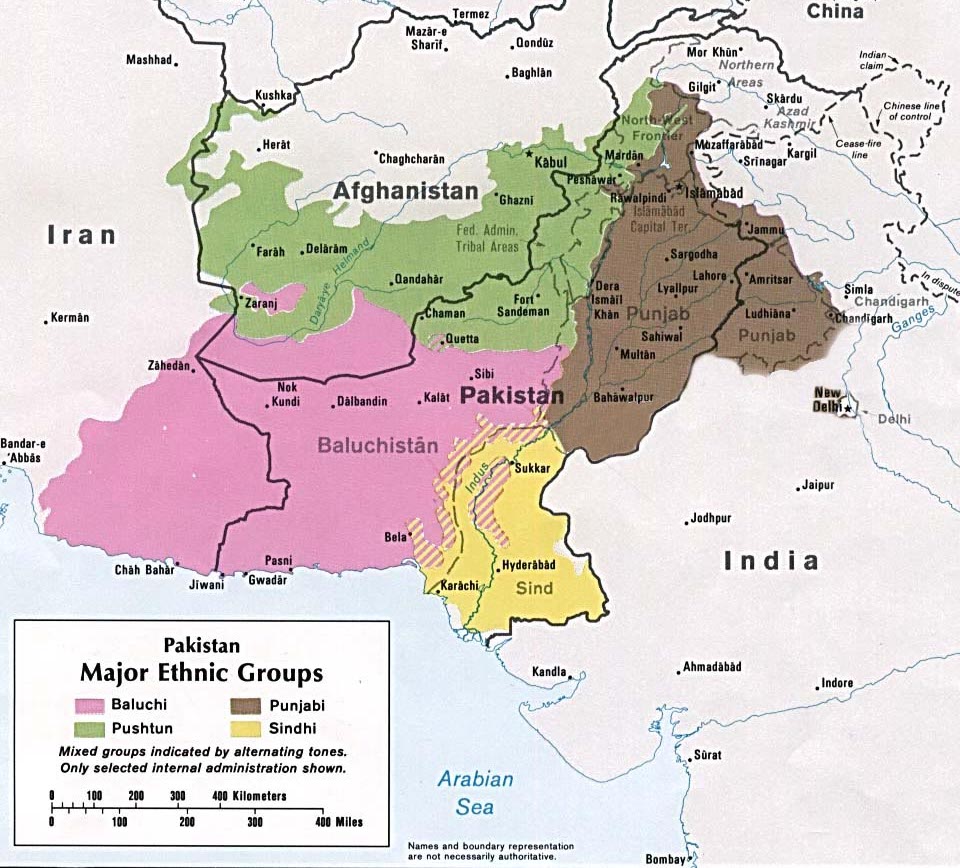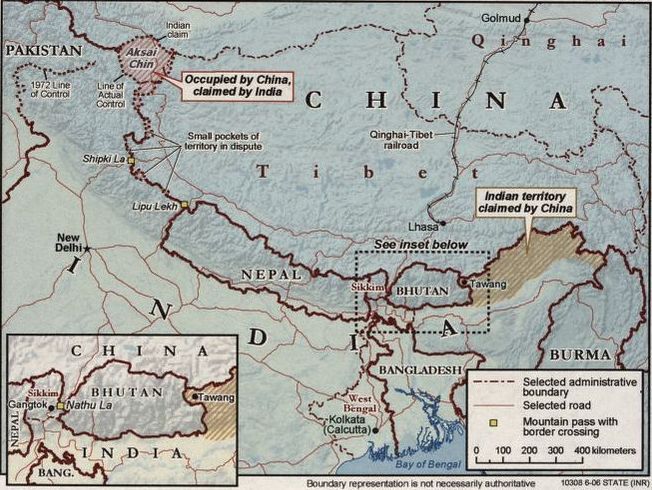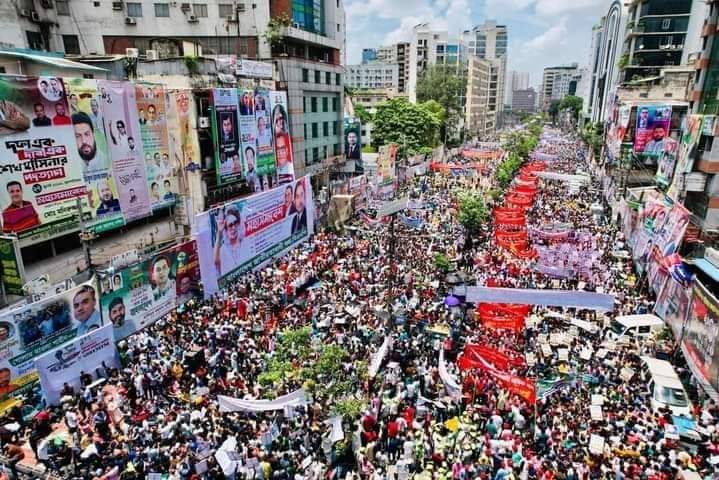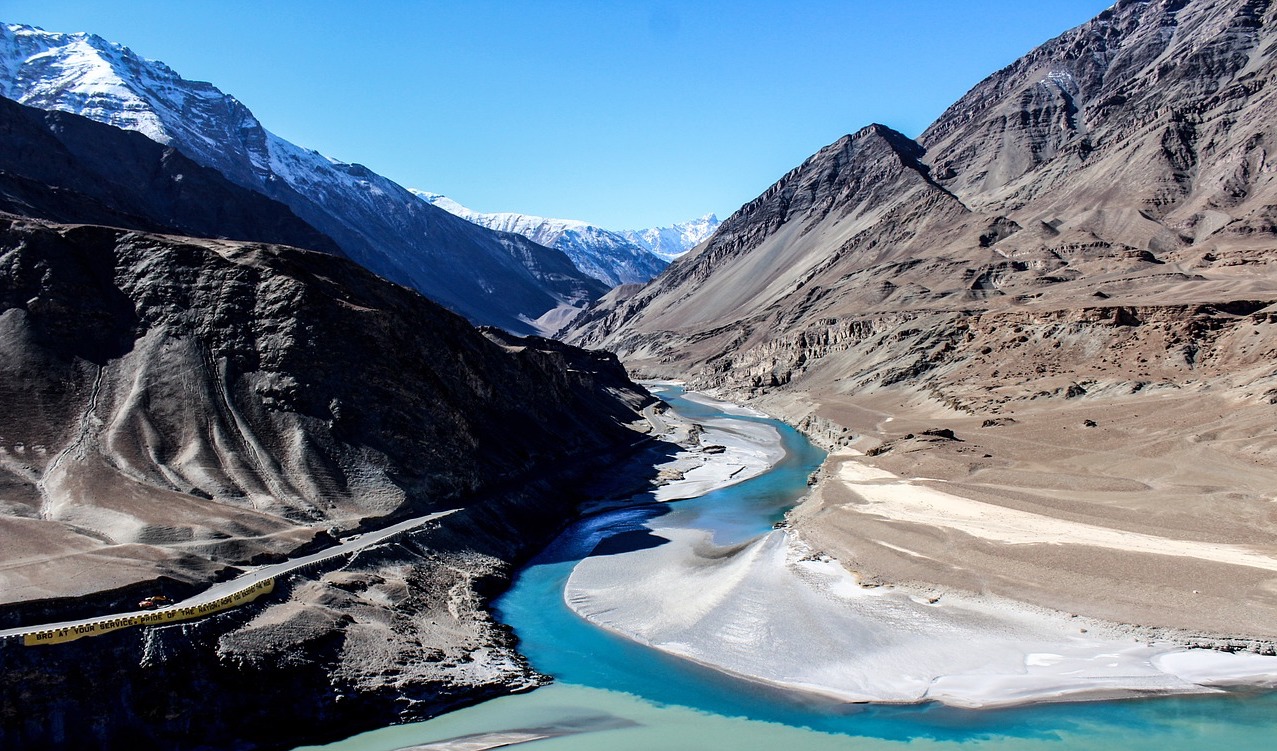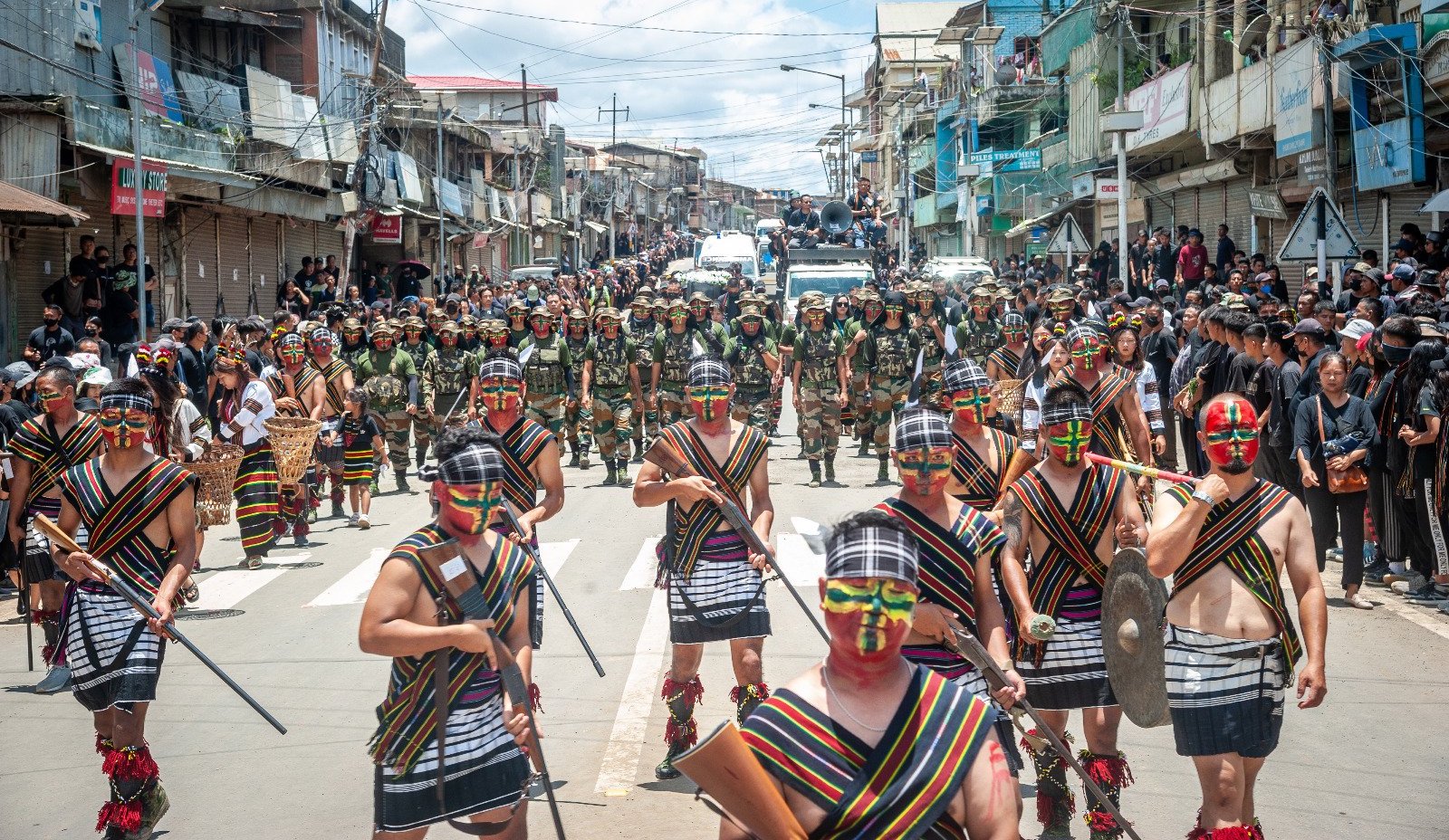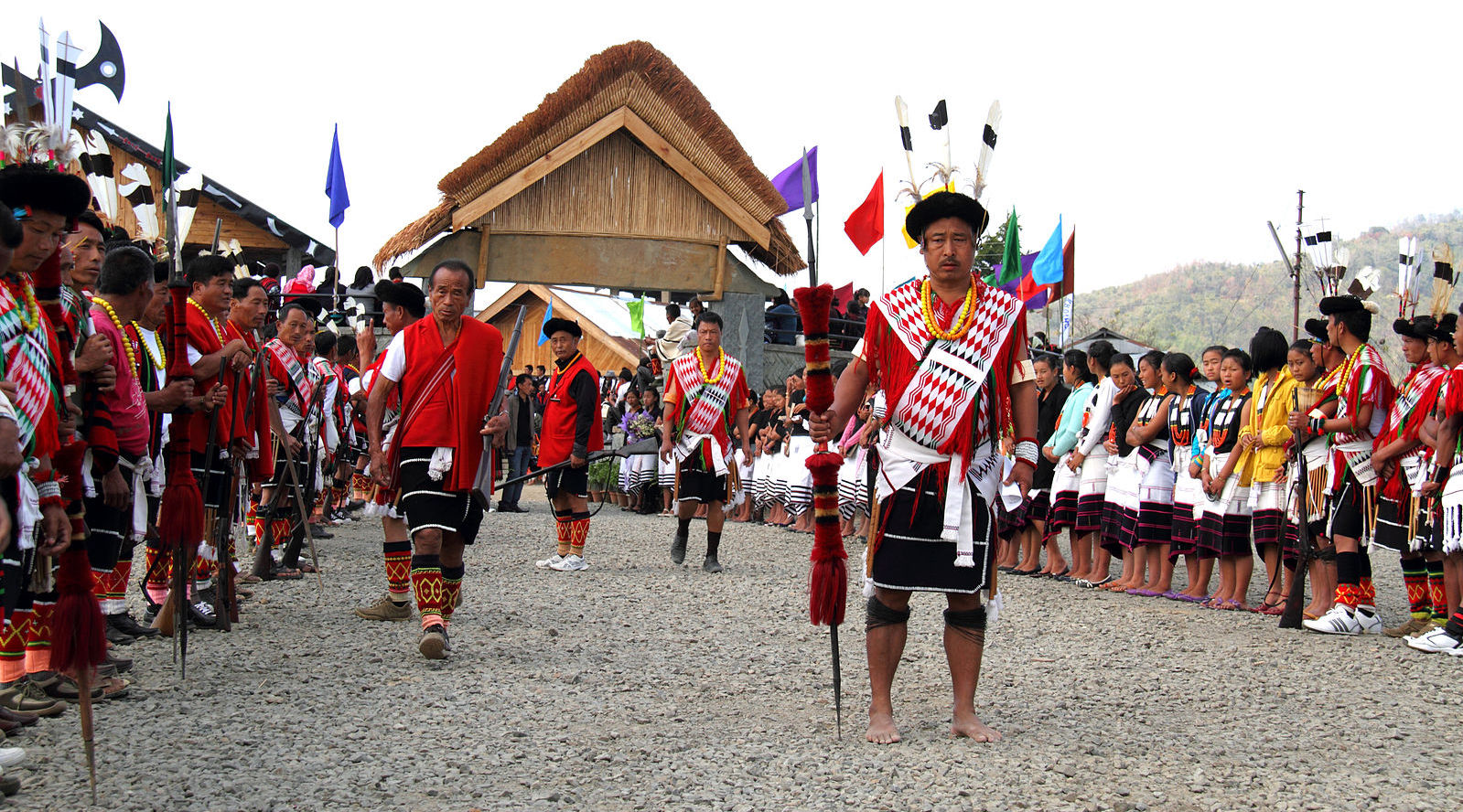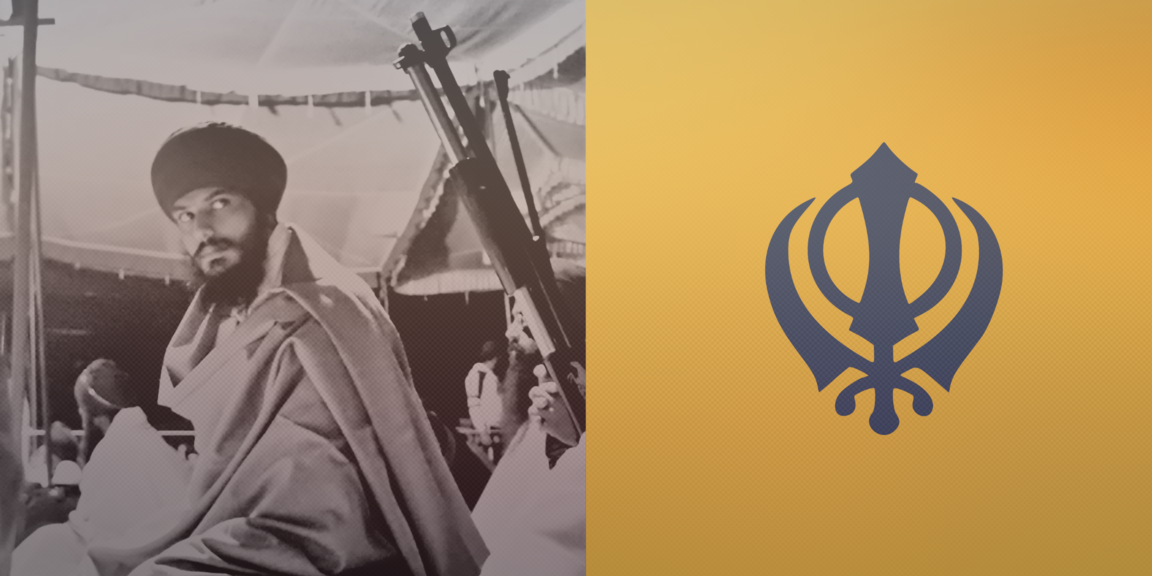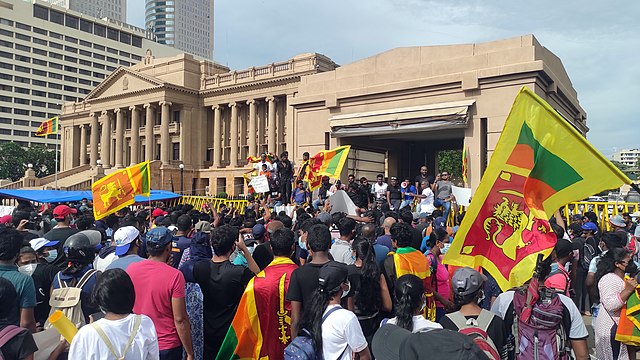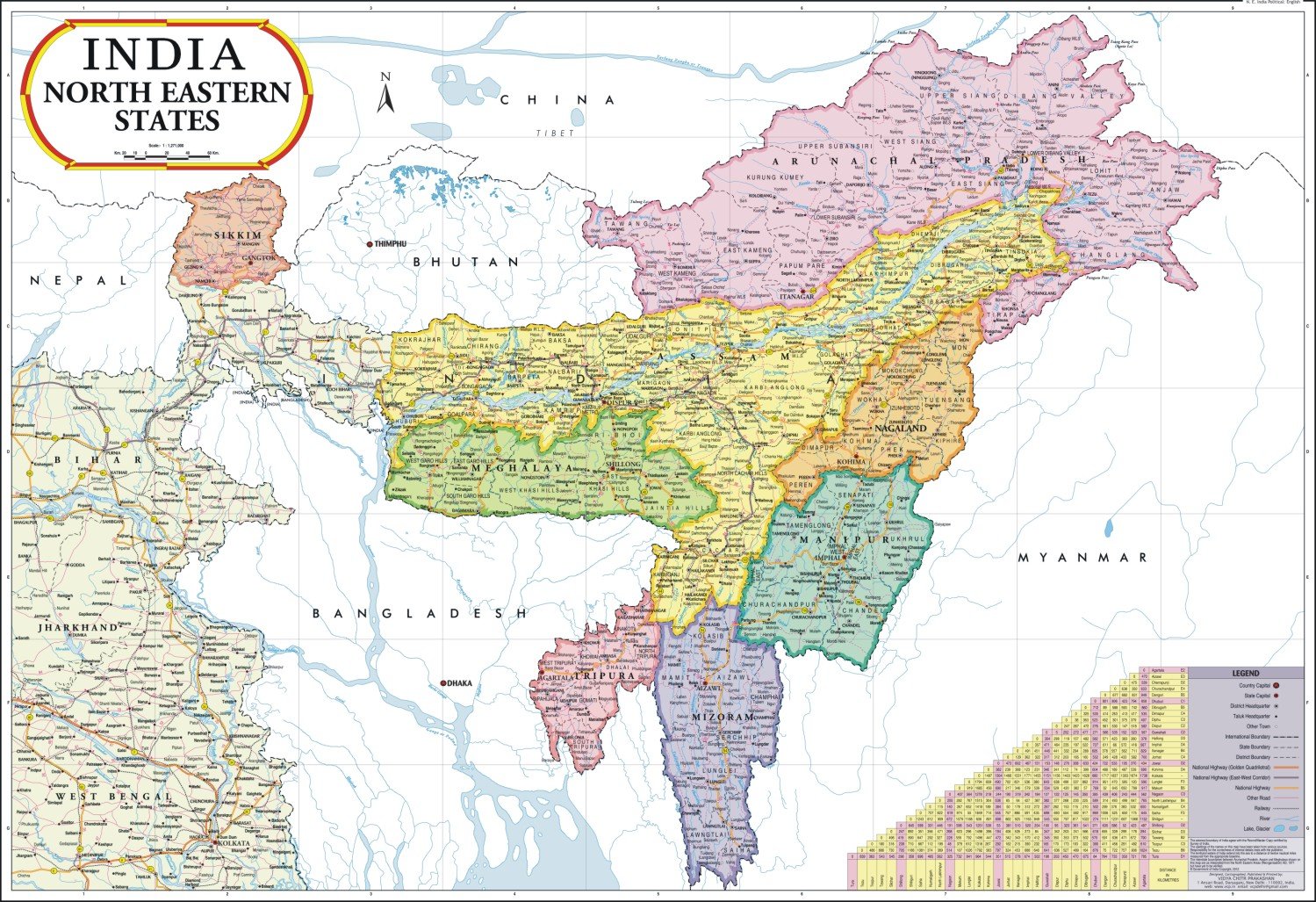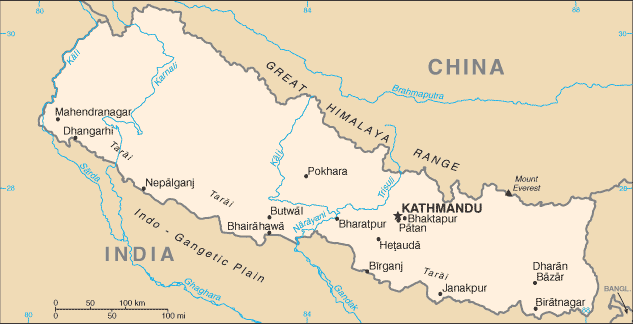
Nepal: monarchist protest rocks Kathmandu
A clash between thousands of monarchist protestors and police took place in Kathmandu, Nepal. Police used tear-gas and water cannons to disperse protestors who chanted slogans in support of the former king, Gyanendra Shah, and attempted to storm barricades protecting government offices. Monarchist leader and prominent businessman Durga Prasai has allegedly been under house arrest since the protest, and his followers have filed a habeas corpus petition with the Supreme Court for his release. The monarchy was abolished in 2008 pursuant to the decision of a Constituent Assembly formed under an agreement that put an end to months of pro-democracy protests in 2006. But a right-wing coalition prominently including the Hindu nationalist Rastriya Prajatantra Party has launched a campaign for its restoration. (Map: PCL)



